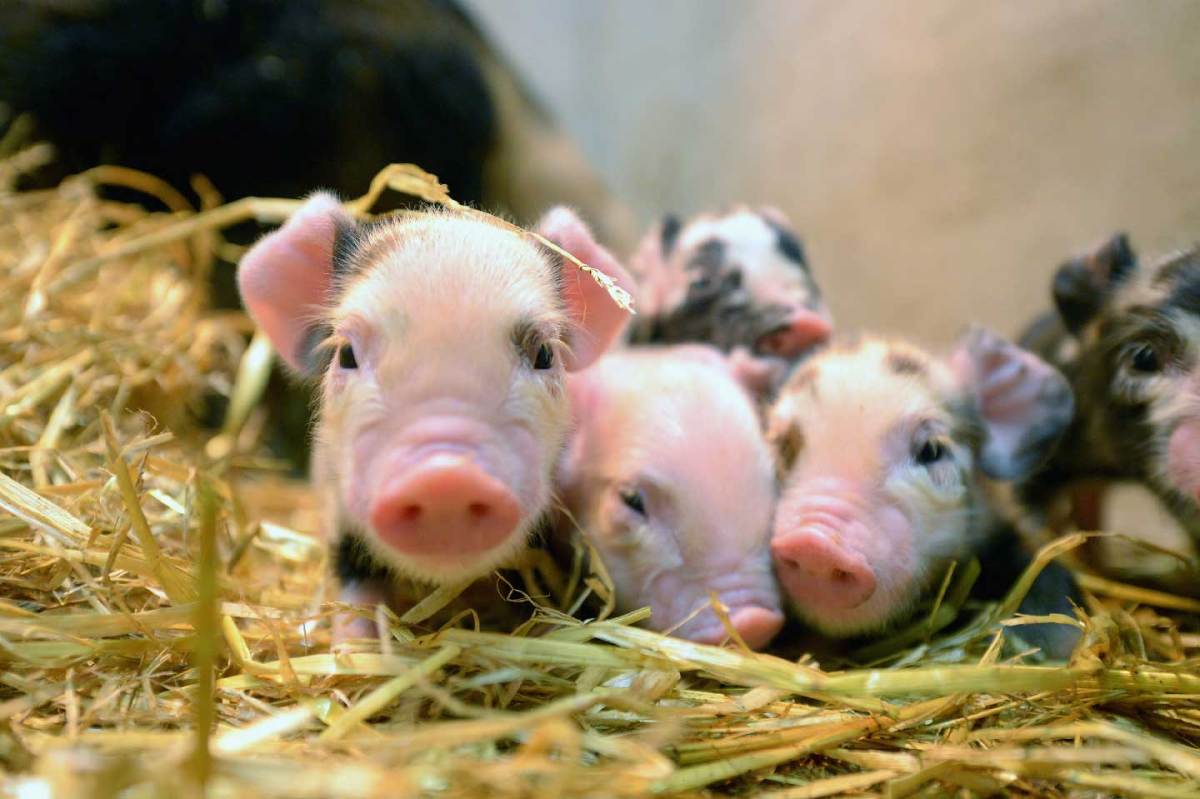Pigs may act as organ donors for humans one day.
New experiments, reported in the journal Science on Thursday, leveraging recent advancements made in gene editing and cloning have produced piglets free of any viruses capable of causing disease in humans. It raises the possibility of transplanting organs from pigs, a method that could close the gap in between organ supply and demand in humans.
Porcine organs are the right size and, scientists believe, function similar enough to be transplanted in humans, the New York Times reports. Heart valves from pigs are already in human valve replacements. Now, there’s new hope entire hearts, livers, and other organs could be transplanted too.
In 1998, scientists discovered DNA hidden in pigs that resembled leukemia-causing viruses, known as retroviruses, in monkeys. Since then, research into porcine transplants stopped out of fear it could spread strange retroviruses. The nature of the threat was never exactly clear, and concern has lessened now, the New York Times reports.
Some estimates say pig-to-human transplants could occur within two years. According to the New York Times, more cautious experts believe it could be years before enough is known about the risk of using such organs to go forth with transplants.
This article appeared in an InsideHook newsletter. Sign up for free to get more on travel, wellness, style, drinking, and culture.

























